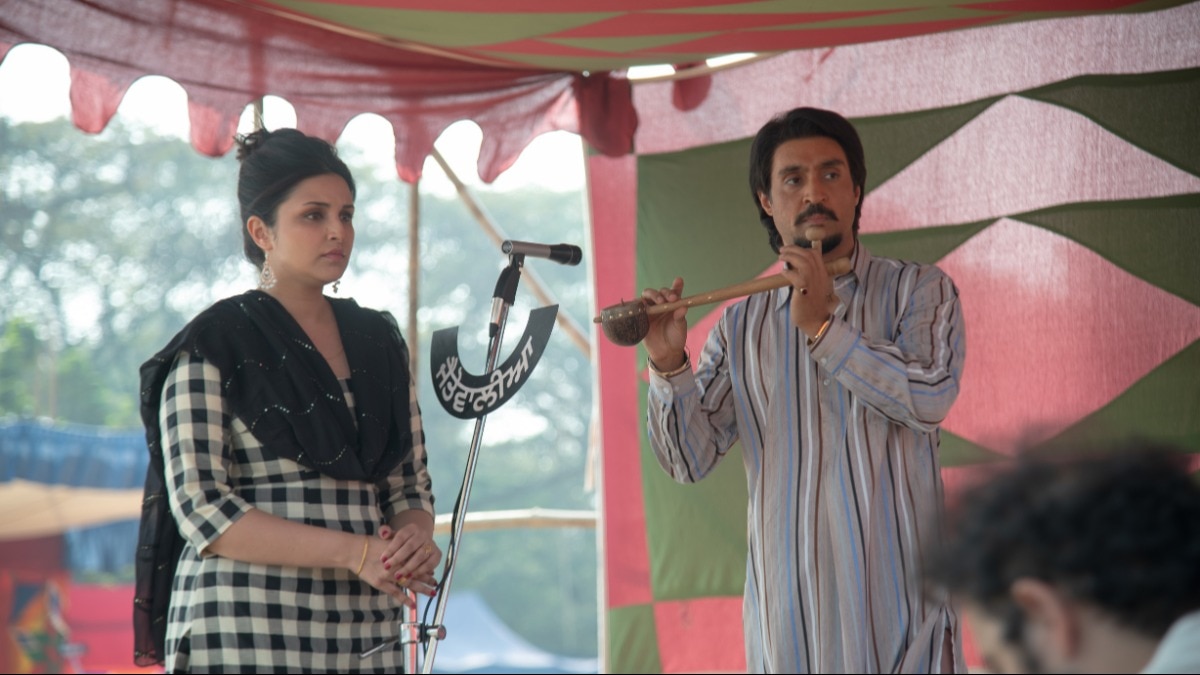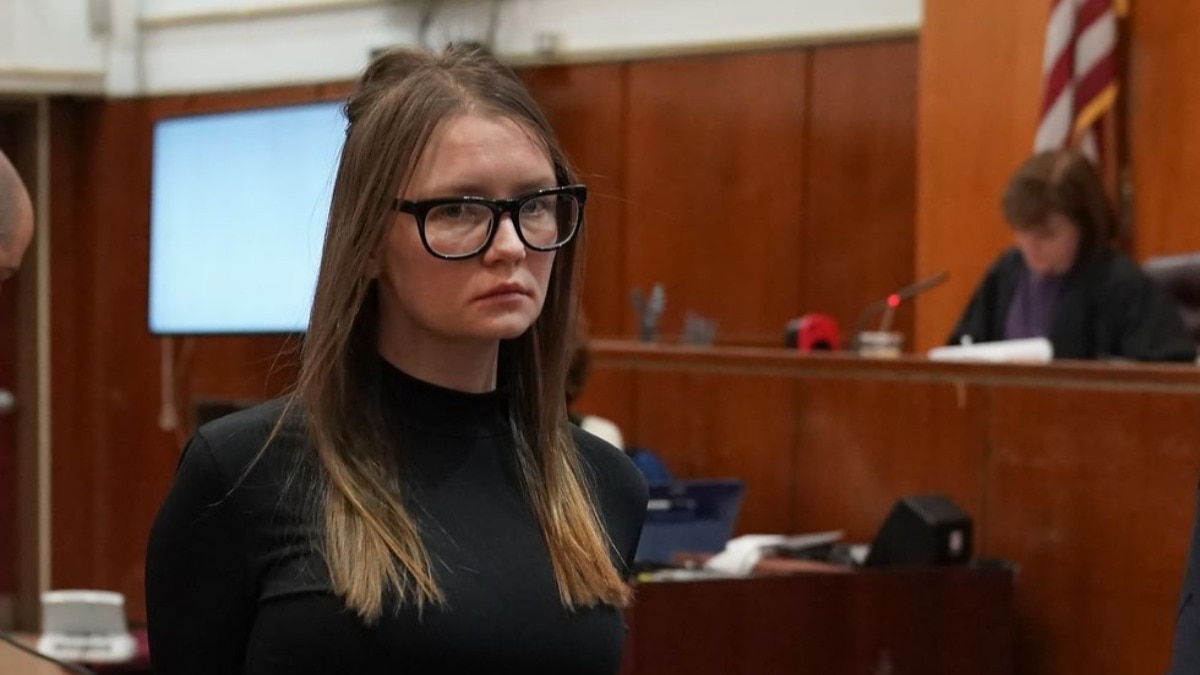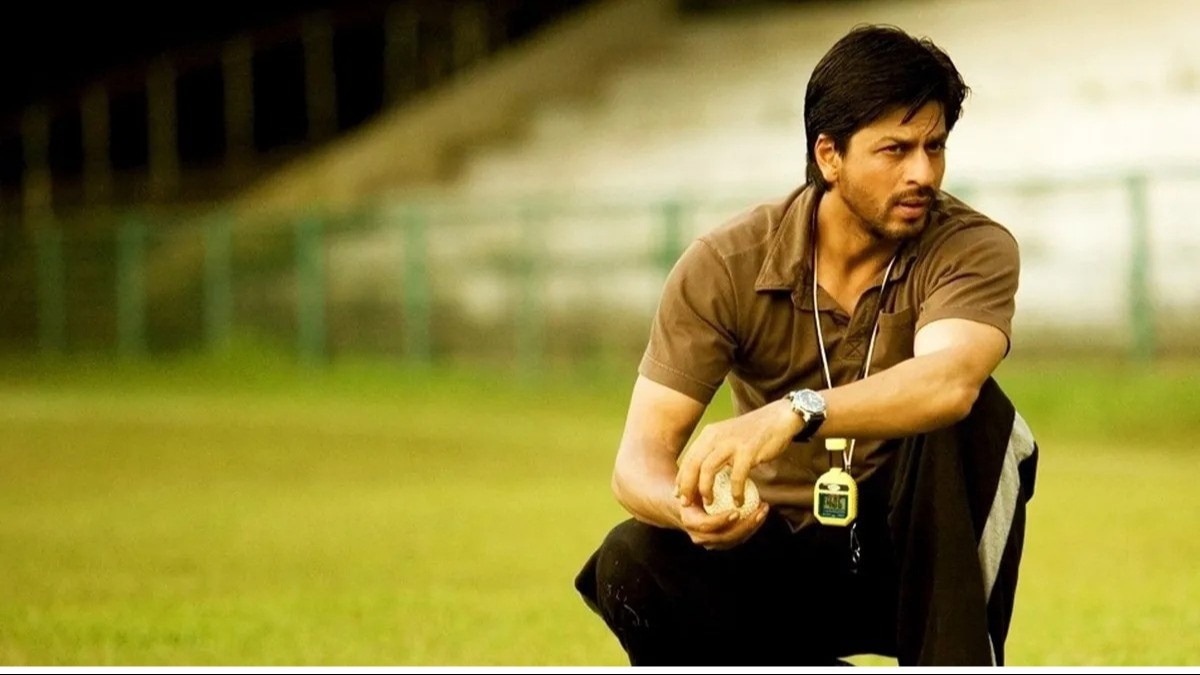
How money, personality, and ego almost cost HBO its most acclaimed drama, 'Succession'
An exclusive excerpt from the media read of the year.


On Sunday nights in June 2018, HBO began airing Succession—a show about an aging billionaire and his retinue of suck-ups, yes-men, and bumbling courtiers that seemed perfectly tailored to the preoccupations of liberal viewers spellbound by the daily indignities and nepotistic excesses of the Trump presidency.
At the outset Logan Roy (Brian Cox), the founder and chief executive officer of Waystar Royco—a global entertainment conglomerate with cruise ships, a movie studio, and a right-leaning cable TV news network, reminiscent of Rupert Murdoch’s media empire—is turning 80 and seemingly on the brink of retirement.
His pending abdication has set up a dynastic power struggle among his jaded, emotionally stunted adult children. There is Kendall (Jeremy Strong), a spineless, coke-snorting, jargon-spewing wannabe business titan; Roman (Kieran Culkin), a foul-mouthed smart aleck; Connor (Alan Ruck), a libertarian flaneur; and Siobhan “Shiv”(Sarah Snook), a shrewd political operative.
Logan, the gruff, all-powerful patriarch, disdains them all.
Jesse Armstrong, the show’s creator, is a British screenwriter who got his start in TV making sketch comedy programmes and children’s sitcoms. In 2003, he co-created the long-running, darkly humourous British sitcom Peep Show for Channel 4. Later he worked with Armando Iannucci—the creator of HBO’s Veep—as a writer on the British government satire The Thick of It and its 2009 spin-off movie, In the Loop.
In 2010, Armstrong penned a biopic about Murdoch that later made its way onto Hollywood’s “Black List,” an annual survey of the best scripts that haven’t yet been made into movies. There it caught the attention of Adam McKay, a writer, producer, and former collaborator with comedian Will Ferrell. McKay commissioned Armstrong to write a movie about Lee Atwater, the hard-edged Republican strategist who in 1988 helped George HW Bush win the presidency.
One day, while reviewing a stack of submissions as part of his consultant duties for HBO, Frank Rich, a former theatre critic and political columnist for the New York Times, came across Armstrong’s two unmade scripts. “I thought they were brilliant and mordantly funny,” Rich says.
“I was knocked out in the case of the Lee Atwater script that this guy who was a British writer could have such a command of American politics.”
A short while later Iannucci brought in Armstrong to write the final episode of the first season of Veep. Armstrong and Rich, an executive producer on the show, met and became fast friends. Soon they were teaming up to develop a project, commissioned by HBO, titled The Imperialists. The series centered on two American guys, just a few years out of college, who buy a coffee bean farm in Africa. They plan to manufacture artisanal coffee and chocolate and make a killing selling it to hipsters back in Williamsburg and Silver Lake. But complications ensue, and the bros get entangled in the geopolitical turmoil of the region.
“It touched on a bunch of things, like the Chinese Belt and Road Initiative and this sort of new, slightly Cold War–ish thing going on in developing countries, between the U.S., the EU, and China,” Armstrong says. “It was sort of a buddy comedy with some geopolitics going on beneath it.”
Armstrong and Rich loved the project, and McKay was set to direct the first episode. But HBO’s drama department—then mired in a development logjam around the time of the doomed drama Vinyl—seemed to lose interest. “It was not a priority, we came to realise,” Rich says. “The process was sluggish and frustrating.”
With the series going nowhere, McKay went off to direct The Big Short, and Armstrong turned his interest elsewhere. In 2015 he enthusiastically consumed The Jinx, HBO’s multi-part documentary series about Robert Durst, accused murderer and bizarre scion of an uber rich New York real estate family.
Afterward, Armstrong buried himself in a stack of books about business leaders and media tycoons. He read biographies of Conrad Black, Tiny Rowland, Lord Rothermere, and William Randolph Hearst. He breezed through Disney War by James B Stewart, about the stormy tenure of Michael Eisner and his friendship-turned-rivalry with Jeffrey Katzenberg. By the time Armstrong picked up the autobiography of Sumner Redstone, the powerful and sex-crazed head of Viacom, he saw the similarities among tycoons piling up. They all seemed to have little capacity for self-reflection.
“It’s almost like a superpower,” Armstrong says. Constructing a project based on a multi-mogul composite rather than tethered to a single actual person, Armstrong felt liberated. “It’s just fun to be completely freed from any sense of responsibility to portray real people realistically,” he says.
Initially, his agents wanted to avoid repeating the lousy experience of The Imperialists and were wary of selling it to HBO. His agent called Rich and explained why they would be taking the project elsewhere. Armstrong was set to meet with other networks. The next day Rich and his wife Alex Witchel dined with Richard Plepler, the chairman and CEO of HBO, and his wife Lisa at their house in Greenwich.
“You’re about to lose Jesse Armstrong,” Rich told Plepler over dinner. At the table Plepler called his programming team, and its leader, Casey Bloys, and hastily arranged a meeting with Armstrong.
In person, Armstrong told Bloys, tongue-in-cheek, that his show would combine elements of the low-budget Danish cult classic Festen with the 'rah-rah' 1980s network drama Dallas. On a more serious note, he explained that his show would be tonally similar to The Sopranos and Six Feet Under, the two series that he admired most.
At the time, NBC was airing This is Us, a popular tearjerking family drama. Bloys was on the lookout for something in a similar vein, only with a vicious HBO spin.
Armstrong proceeded to write a script. HBO picked it up for a series, and Rich joined as an executive producer. With HBO’s early programming successes in mind, Bloys wanted a cast that was not overflowing with stars. Just as Sex and the City took B-list actors and made them famous, Succession would do the same.
“Unless you were working in Hollywood, you wouldn’t know any of the actors,” Bloys said. “We specifically didn’t want to put feature actors in it. I believe that TV historically has made stars. We’re good at scouting talent, finding talent, and putting it out there.”
HBO’s initial expectations for the series were modest. As the network had learned repeatedly, series focused on the media tend to be a niche interest. In the run-up to the premiere of Succession, one high-ranking HBO executive likened it to a “utility player”. It would fill the gap between the second season of Westworld—HBO’s sci-fi western starring Evan Rachel Wood as a self-conscious, AI-powered android—and the hotly anticipated limited series Sharp Objects. In fact, Succession would go on to become HBO’s most decorated drama since Game of Thrones.
At the start of the second season, which premiered in August 2019, the Roy family business is under duress. Too many internal squabbles and too much debt have left it vulnerable to a hostile takeover. In order to protect and expand his empire, Logan wants to buy a rival, PGM, a left-leaning and journalistically rigorous media company. Nearly everyone thinks it’s a cockeyed plan, but the tycoon plows ahead anyway.
Caving to Logan’s desire, the caterwauling Roy clan visits the palatial estate of the Pierces, the waspy, moralistic family that owns PGM. The Roys do their best to charm the Pierces and convince them that they will be good and worthy stewards. Mostly, they fail. But then Kendall spends a night drinking vodka and snorting cocaine with a key member of the Pierce family, winning over her support. The $25 billion deal is on, at least temporarily.
For all the complexities of the acquisition, and all the bankers and lawyers it requires, Armstrong’s storyline suggested that such deals between big media companies really boil down to money, personality, and ego. It’s the same dynamic that has been roiling HBO’s parent companies for much of its 50-year history, from AOL’s calamitous merger with Time Warner in 2000, to AT&T’s star-crossed, $85.4 billion acquisition of Time Warner in 2016, to Discovery’s takeover of WarnerMedia in the past year.
“Once you read enough of those books, you realise the boundaries are very strict on what’s possible,” Armstrong says. “But within what’s possible, anything is possible—as long as the money makes sense.”
The stated business explanations are often little more than masks, rationalising the deeper psychological impulses and egotistical needs of the central players. Less than a year after the AT&T deal was approved, Plepler was out, eventually resurfacing with a production deal at Apple. In 2021, Discovery scooped up WarnerMedia in a blockbuster merger that was finalised this past April, with its larger-than-life boss David Zaslav at the helm. Through it all, one executive survived the game of musical thrones: In October Bloys was named chairman and CEO of HBO and its streaming arm, HBO Max.
“Even with HBO and Time Warner, and AT&T and Discovery, whenever the new deal is being sold to the shareholders and to the world, the logic, we are told, is completely compelling,” Armstrong says. “And then, when these deals unwind a few years hence, suddenly everyone’s telling you why the logic wasn’t so compelling, and why the new deal is.”
The market, he says, may be a rigorous tool for finding value, “but the humans involved in it are also extraordinary machines for vanity and telling stories and making new shapes out of the world, which don’t turn into anything. AOL is going to be the behemoth to which Time Warner clings, and then AOL is gone in a puff of smoke and these things that were everything become nothing.
Excerpted from It's not TV by Felix Gillette and John Koblin
This piece originally appeared in the print edition of Harper's Bazaar US









